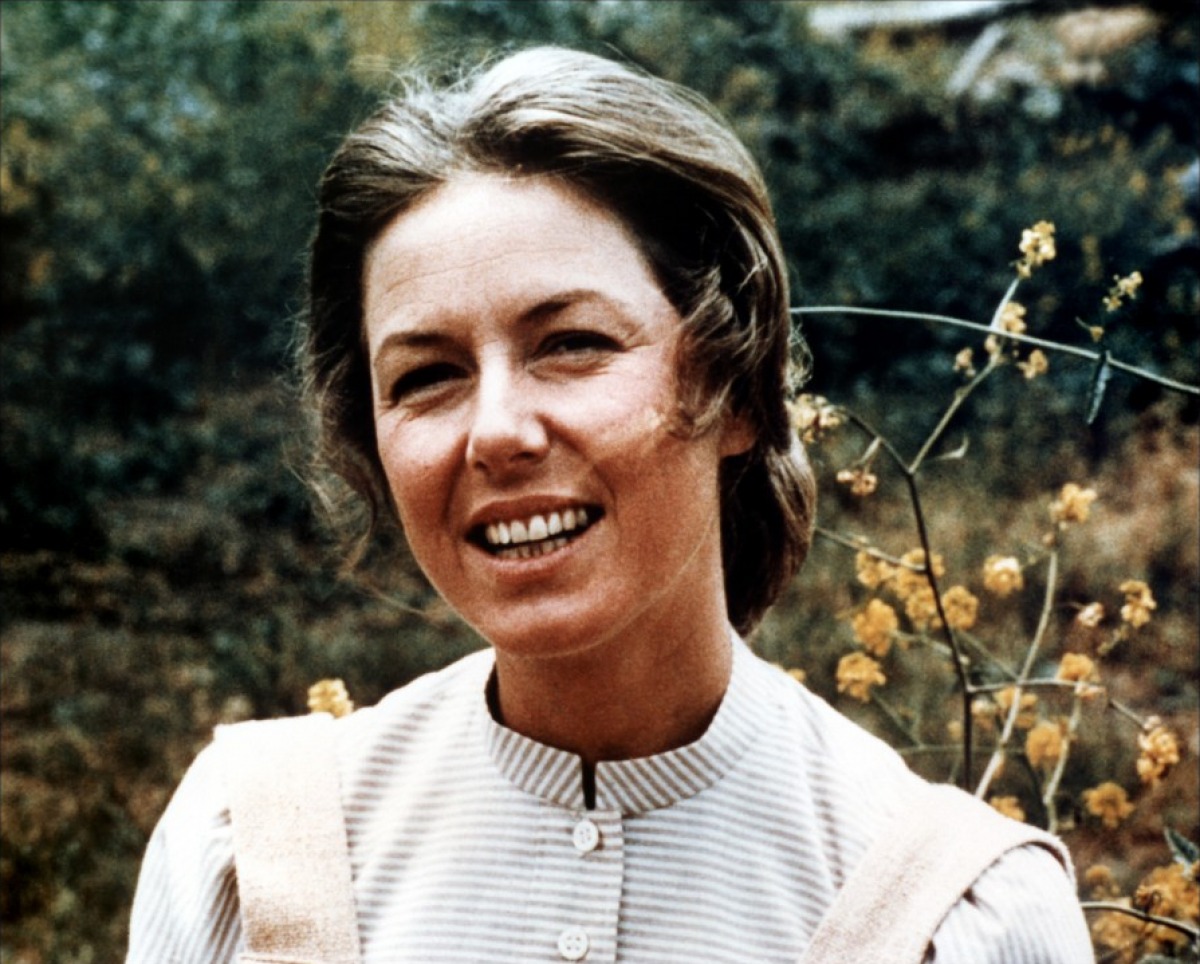I received a request from a commenter on Maxminimus to turn this into a larger post.
Where we spent our summers, the matriarchs had an overt and ongoing competition to see who could drive the nastiest station wagon. Grandmothers and Grand Dames and matriarchs competed for the title of most wet-dog/cigarette/seaweed/mildew smell in the car. Their cars were nearly always American, and were usually station wagons. Occasionally a diesel Mercedes wagon would appear, and there was the rare Volvo wagon. One wealthy old dame drove a 1970's Datsun pickup truck to better facilitate her love of buying fresh lobster and fish directly from fishermen. In those days, children were allowed to ride in the bed of pick-ups, and we all called it the "sardine tin" because of the smell, shape, and construction. She would drive us all to Four Seas for a few cones, and we would eat them on the drive back, the salty air and late summer sun, the wind from the truck's movement, and the ice cream all came together to become childhood bliss.
The majority of the old gals had American wagons, though. These cars would spend 9 months in a garage during the off-season, where the festering stench of wet dog, seaweed, vinyl seats, and general grime would ferment, and be barely tolerable the following year. One old gal, who was married to Mr. Largest US Chemical Company, drove a wooden-paneled wagon with a muffler that dragged for almost 8 years. She would replace the muffler when it would finally grind down to nothing, but the replacement would magically drag on the ground within a day or so. Liquor stores all had accounts (still do, actually) as did grocers and hardware stores, which we all abused mercilessly as children with bags of candies and cap-gun caps. If you were lucky, an old grandmother would give you her wagon to drive into the village to pick up a large liquor order for one of her parties:
"Do you drive, Dear?" She would ask.
"No, I'm only fourteen, Mrs. Sutton."
"Well, go slowly and there won't be a problem." She would say.
My father says that this was to avoid having to tip the kid at the liquor store who loaded up the car. He wasn't going to ask a 14 year old for a buck or two. My grandmother was the opposite. She saw generous tipping as investments, and was afforded the better selections from shops because of it... better bottles, unsanctioned discounts, and priority "dibbs" from affectionate business owners.
Grandmother had a white Ford wagon that smelled of all the previously-mentioned stinks, and after the summer of 1982, her grandsons added the smell of sour milk, cheap beer, and fire-works-melted seat cushions to the bouquet. The old station wagons often had rotting pillows or sections of ruined rug in them. If one were to lift the floor mats, the car would reveal nearly an inch of thick sand and garden soil. Nearly all of the matriarchs smoked (the fun ones, at least), and their ashtrays were packed with butts and ash. As well-off as most of them were, they were still Yankees, so finding a stray coin under the seats was extremely rare, but since they all were Depression-era ladies, children always looted the glove box for a tightly-packed coin purse that provided soda money. During college, I rolled up a large sun-room rug of hers and took it to my off-campus apartment during the winter, and nobody ever said anything to me about the shameless theft. Still have it.
One old gal drove a Peugeot wagon, which she felt complimented her proud Hugeunot lineage, and she donated some legacy silver to the local Episcopal church to be used during services. Like the Jaguars, her Peugeot rarely ran properly, when it ran at all. Luxury cars were rarely seen, and were viewed differently than expected. Nobody had chauffeurs (unless health problems prevented them from driving), and the president of a large East Coast bank drove himself around in a Dodge sedan, with a State trooper following closely behind.


Few had electric windows, and fewer had anything other than a radio. Air conditioning? No chance. The engines were always impressive with imposingly large black air-filter covers over the carburetors, and the oil was changed with regularity and on schedule. Dog hair and ratty beach blankets were always in the back, but not in the charming and picturesque way. All depression-era women it seemed, kept these items in their cars:
-Flashlight
-Rubber raincoat
-Atlas
-Jug of coolant
-Bungee cords
-Nasty beach blanket
-Coin-purse
-Assortment of half-pencils (from the golf course) or pens
-Binoculars in the glovebox
-Trip mileage booklets and mini-logs
-Twine
-Tissues
-Flattened cardboard liquor box as a liner for the seatless "way back"

One summer, before ATMs were used, Grandmother had to call around to all of her friends to collect a few hundred dollars in cash. It was Sunday, and no bank was open. The bank president was away. She never used cash, preferring checks and store accounts for absolutely everything. She sat at her phone table dialing a series of memorized numbers... four digits in the early 1980's.
"Hello, Patty, it's XXXXX. How much cash do you have on hand?... I see... Yes... That would be fine... I need about $400, but I only have about $60 in the whole house. Yes, I called Alice as well... she sent over about $90. I'll send one of the boys over right away."
What the hell was going on? As it turned out, the South Carolinian from whom she had arranged to purchase an impressive cache of illegal fireworks was waiting somewhere near Rt. 6, and did not, would not, could not accept a check. Getting cash from a Yankee on a Sunday was nearly impossible once they had dropped their set-aside $1 or $2 into the collection plate.
 |
| Photo source |
Grandmother went by herself to complete the black-market transaction. In her knee-length khaki skirt, navy blue sweater, wavy brown/silver hair, horn-rimmed glasses, and yellow golf shirt, she returned about 30 minutes later with her cigarette that somehow miraculously failed to detonate the styrofoam coolers packed with explosives in the stern of her Ford wagon. It was July 3rd, and she intended to have a "nice little party".
They were self-reliant in spirit, and thought that children should be responsible for themselves. They protected but never coddled, they guided but never hovered, and they they were unimpressed with any sort of expensive or showy car. The gross-but-mechanically-sound cars usually outlasted the old gals themselves and were occasionally given to grandchildren as first cars. The last of the grandmothers from that childhood circle died last summer, and at least two of the cars are still in garages: cosmetically fine, low mileage, nearly fifty years old, and un-nostalgically resented by the Baby-Boomer parents who can't get rid of them fast enough.










































